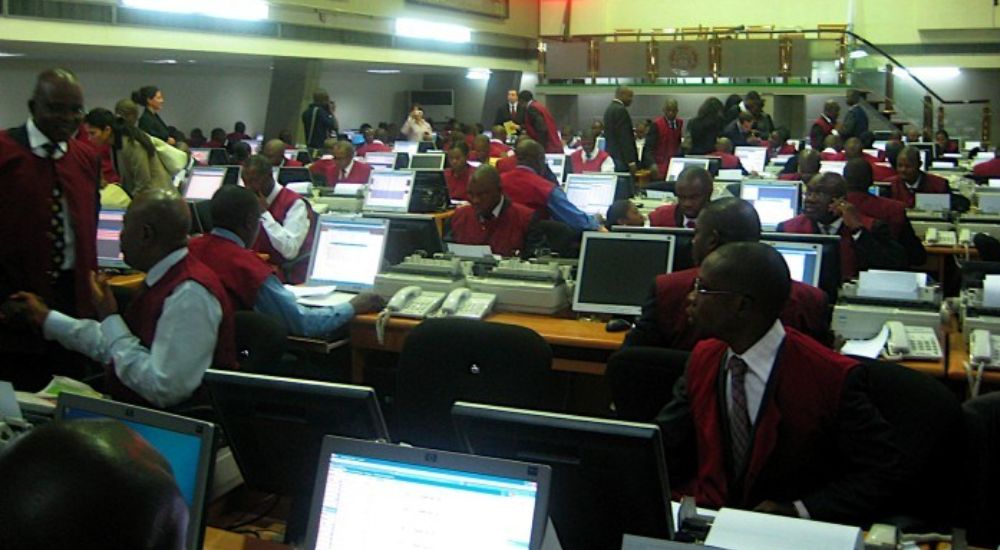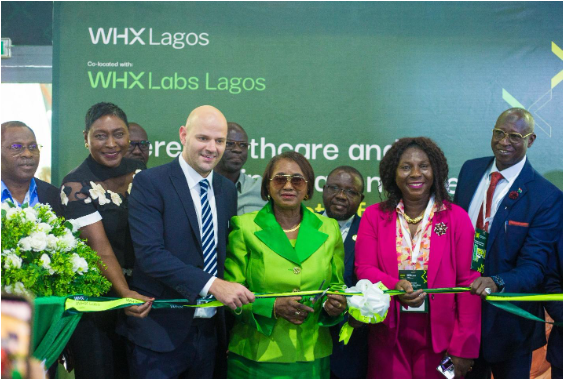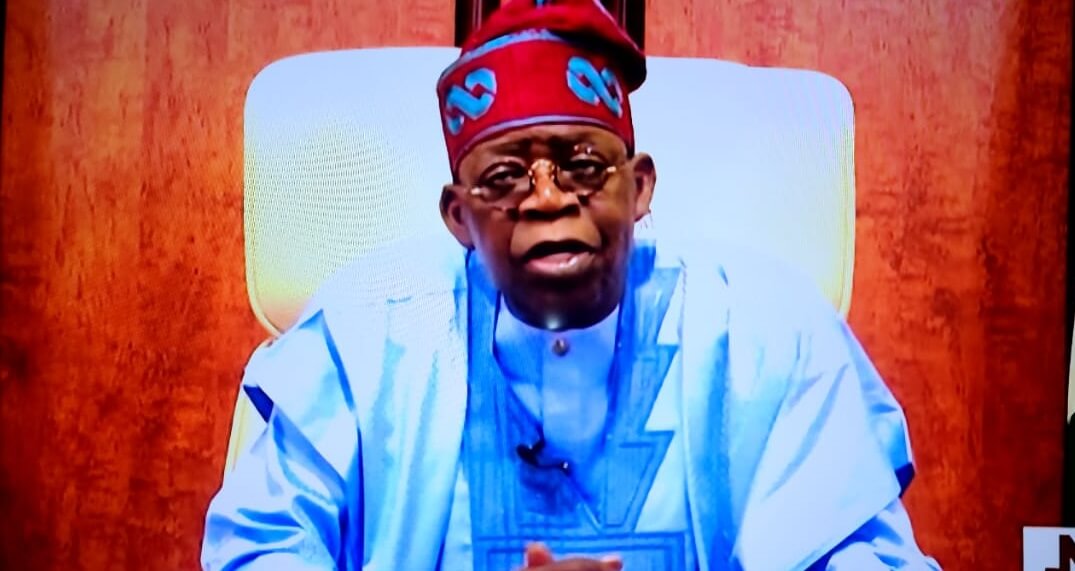OPINION: Why Igbos Should Support Tinubu’s Re-Election

Politics, like chess, is not won in a single move—it’s the player who thinks five steps ahead that ultimately takes the crown. As 2027 approaches, a compelling case can be made for the Igbos to back President Bola Ahmed Tinubu for a second term. This is not a call for blind loyalty, but a strategic calculation rooted in long-term regional interest, national unity, and political maturity.
Zoning and the Principle of Equity
Nigeria’s political architecture, though unwritten, is built on a delicate zoning arrangement. This rotational understanding has helped maintain stability in our diverse federation.
Presently, power resides in the South—specifically the Southwest. Cutting Tinubu’s presidency short after four years could destabilize this balance, potentially backfiring when the Southeast’s long-overdue turn arrives.
Supporting Tinubu now is not a surrender of ambition—it’s an investment in political goodwill and national credibility.
A Response to the Northern One-Term Proposal
Some Northern political stakeholders are advocating that any Southern candidate in 2027 should serve only one term. This is not only constitutionally questionable—it is strategically manipulative.
The Southeast must reject this offer. It is a political dead-end. Instead, we must support Tinubu to complete his constitutional eight years. That’s the only path that secures the moral and political ground for a genuine Southeastern claim in 2031.
A Historical and Political Imperative
Since the Biafran War ended, the Igbos have waited over 50 years for an opportunity to lead Nigeria. Another 12 years will not destroy us. It will give us time to prepare the field, consolidate our strengths, and finally take power from a place of unity and legitimacy.
The Yoruba showed similar patience in 1999 and were rewarded. The Southeast must show equal foresight in 2027.
The Four-Year Dilemma: Jonathan’s Precedent
Goodluck Jonathan’s presidency is a lesson for all. Despite being from the South, his four years were not enough to implement sweeping reforms or finish what he started. His administration was bogged down by opposition, distractions, and internal sabotage.
The lesson is clear: four years is not enough to transform Nigeria. Any Southeastern presidency won in 2027 risks being short-lived, symbolic, and ultimately insufficient.
Peter Obi: Not Now, But Very Soon
Peter Obi is still young—especially by the average age of Nigerian presidents. He has time. If he plays the long game, mobilizes the Igbos in support of Tinubu in 2027, and helps build bridges rather than burn them, he will be in a prime position to justifiably claim “emilokan”—it is my turn—come 2031.
But that requires discipline and political maturity. He must avoid desperate alliances that lead nowhere and could damage the Southeast’s credibility. Leadership is not about seizing the moment at any cost; it’s about waiting for the right one—and taking it with strength and clarity.
The Buhari Factor: A Fair Concern
Some Nigerians still carry wounds from the Buhari era. His leadership was often accused of lacking inclusiveness and economic direction. This has made some wary of any Southern presidency that appears detached or indifferent.
But President Tinubu is different. His track record as a unifier, his open-door politics, and his ability to forge national coalitions mark him as a more inclusive and pragmatic leader. He must, however, prove this through action—especially by fully embracing the Southeast in appointments and policy priorities.
2031: A More Certain and Justified Path
By 2031, the North would have had its break, the Southwest would have completed its two terms, and Nigeria would be morally, constitutionally, and politically ready for the Southeast.
We must prepare—not with noise, but with strategy. Not with division, but with unity. Tinubu’s success must be our ladder, not our wall.
Healing Old Wounds
Yoruba-Igbo tensions have lingered for decades. Backing Tinubu in 2027 could signal a new beginning—one of trust, maturity, and mutual respect.
But that gesture must be met halfway. President Tinubu must open the doors of inclusion wider, ensuring the Southeast feels seen, respected, and represented in his administration.
Not Selfish, Just Strategic
This position is not born of self-interest. I have no political reward or ambition tied to this. This is my honest view, driven by love for my people and belief in a better path.
Peter Obi must help galvanize the Southeast behind Tinubu now—and claim with pride and strength in 2031 that “It is our turn.”. An alliance between PO and El rufai will fail woefully.
Conclusion
The Igbos are a people of vision, resilience, and long-term thinking. Supporting Tinubu in 2027 is not a betrayal of that identity—it is the ultimate expression of it.
Like Joseph in Egypt, sometimes you must first serve Pharaoh before becoming Pharaoh. The Southeast must not miss the forest for the trees. He who fights and runs away lives to fight—and win—the war that truly matters.
This is not a selfish opinion or one seeking personal reward. It is a sincere and strategic thought—an idea worth considering by those who seek lasting relevance for the Southeast in the national political equation.
I humbly plead with all Igbo people to reflect on this. Appreciate the wisdom in this path, not because it is easy—but because it is wise.
-Charles Ude is an Abuja-based legal practitioner and public opinion analyst.
Disclaimer: This article is entirely the opinion of the writer and does not represent the views of The Whistler.
OPINION: Why Igbos Should Support Tinubu’s Re-Election is first published on The Whistler Newspaper





